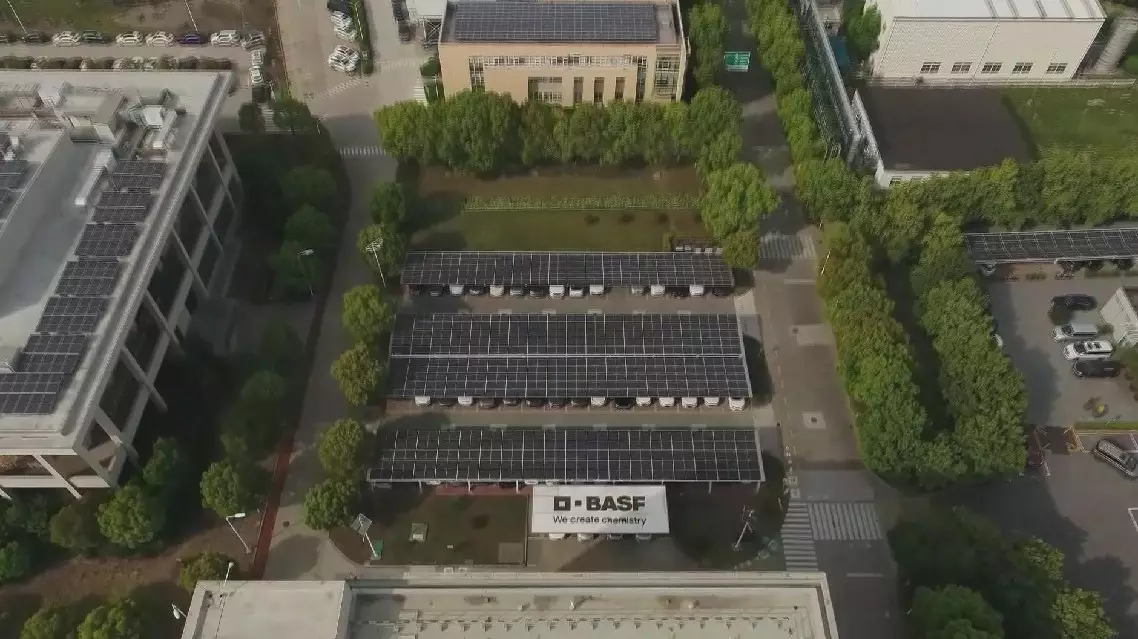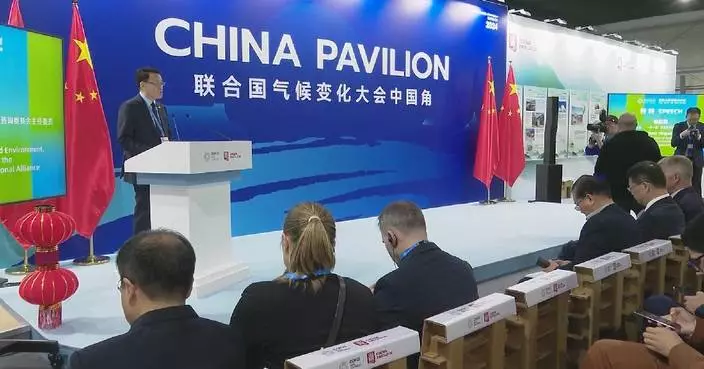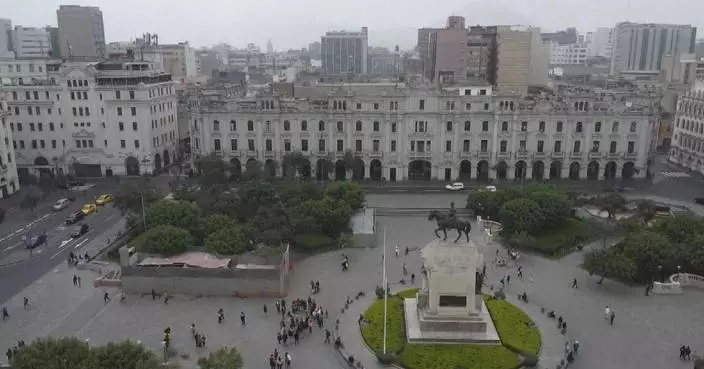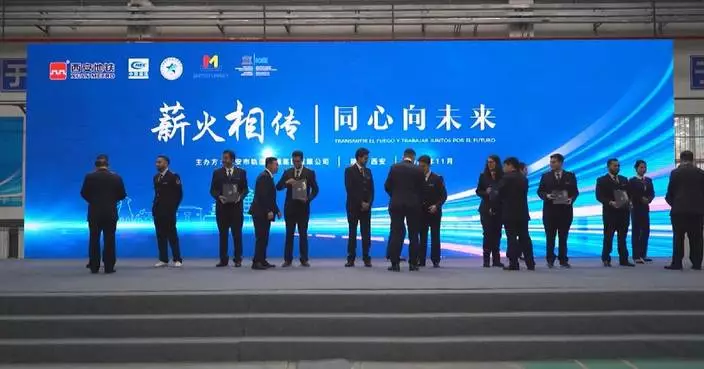German chemical giant BASF, which has maintained ties with China since 1885, continues to expand its presence in the country while actively promoting the green transformation of its business, in line with China's sustainable development goals.
As a major foreign-invested enterprise in the chemical industry and an Fortune 500 company, BASF maintains a strong production base in China with facilities in the cities of Shanghai, Nanjing, Chongqing, and Zhanjiang.
The Innovation Campus Shanghai, which opened in 2012, is BASF's largest research and development in Asia. It has completed two expansions in 2015 and 2019, enhancing its role as an innovation powerhouse for BASF and its partners in the region. By June 2023, around 10,000 BASF employees worked in research and development worldwide, of which around 10 percent worked in Greater China, including the Innovation Campus Shanghai. 。 This multinational company produces chemical products that cover most aspects of daily life. Benefiting from China's high-quality, sustainable development policies and market demand, BASF has been continuously promoting the green transformation of the chemical industry chain, growing together with the Chinese market in recent years.
"[By the end of 2023,] we invested together with partners already 14 billion euro in China, and all of these investments have a very good track record. So we are looking forward to the future development, and we highly appreciate also the change of the growth model into high quality growth and into sustainable growth," said Jan Peter Bredehoft, senior vice president of Operations and Site Management, Greater China, BASF.
The Resolution of the Communist Party of China (CPC) Central Committee on further deepening reform comprehensively to advance Chinese modernization outlines plans for deepening reform of the system for developing an ecological civilization and proposes improving green and low-carbon development mechanisms.
The resolution focuses on building a beautiful China and accelerating the comprehensive green transformation of economic and social development, goals that provide enormous opportunities for companies focusing on sustainable development to boost their innovation.
"A very good example of how we develop sustainable solutions together with our customers is this shoe. This is designed for recyclability and made entirely from TPU. In order to achieve the green transformation, we also work closely with authorities. And we are very happy and appreciate the support we got from the authorities. And together we develop power purchasing agreements that enables BASF to work together with the supplier and ensure that we achieve the green electricity supply to our sites," said Bredehoft.
BASF has set an ambitious goal to achieve net-zero greenhouse gas emissions by 2050 and has planned a clear emission reduction pathway. Bredehoft said that the company will continuously strengthen its local production and research and development capabilities, continue to promote the green transformation of the chemical industry chain, while also helping China achieve its dual carbon goals of peaking carbon emissions by 2030 and achieving carbon neutrality by 2060.
"China is already today the biggest chemical market worldwide and we have a strong confidence. So we invest in two areas. One is we want to increase our local production and the second is we want to develop sustainable solutions together with our customers," Bredehoft said.

German chemical giant promotes green transformation in response to Chinese market demand









